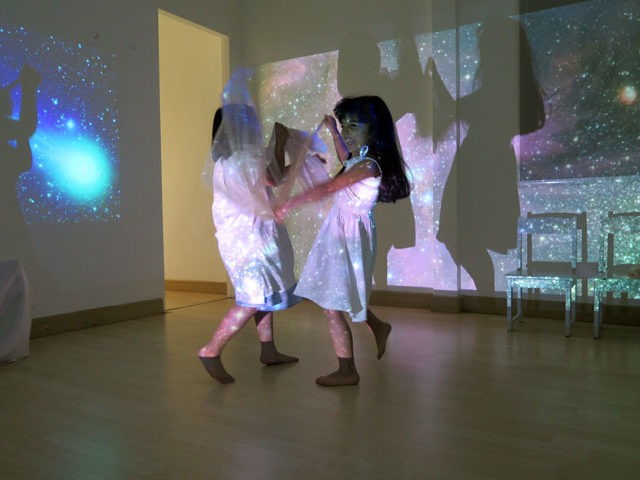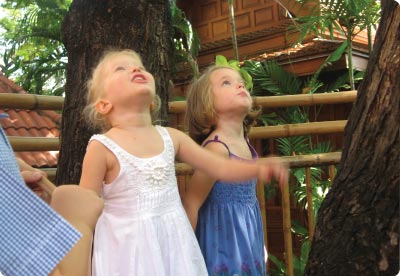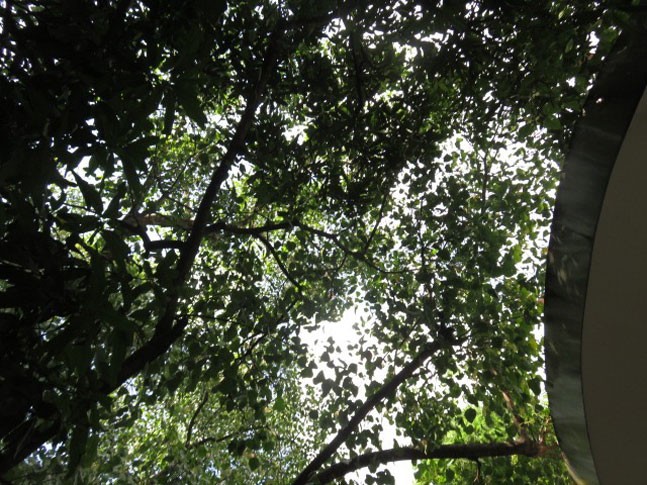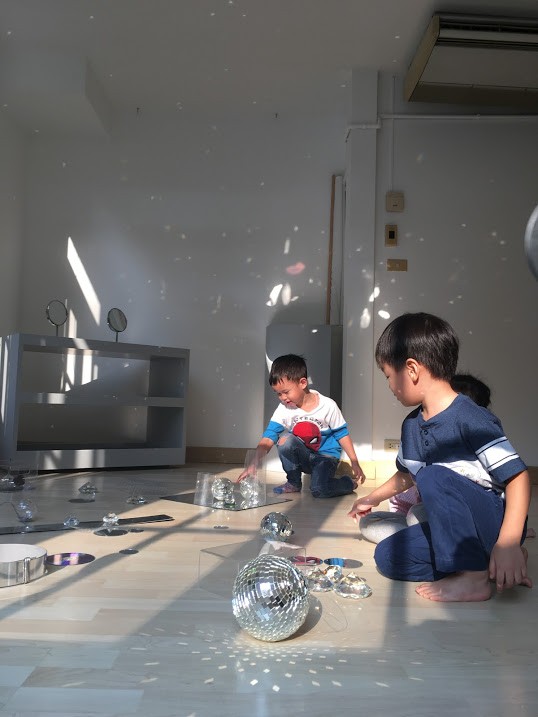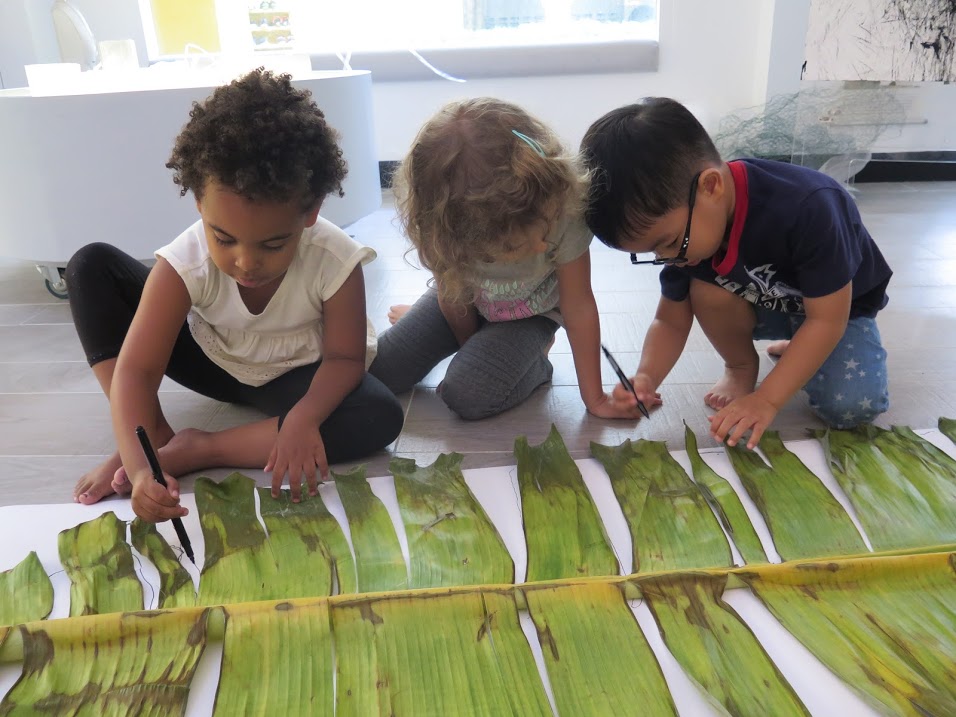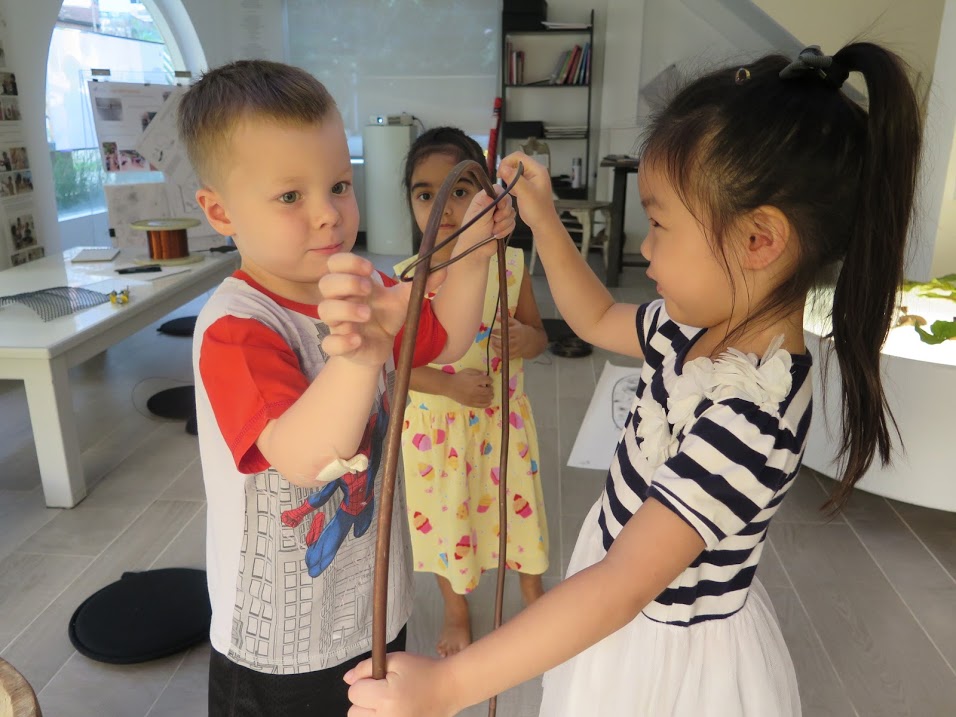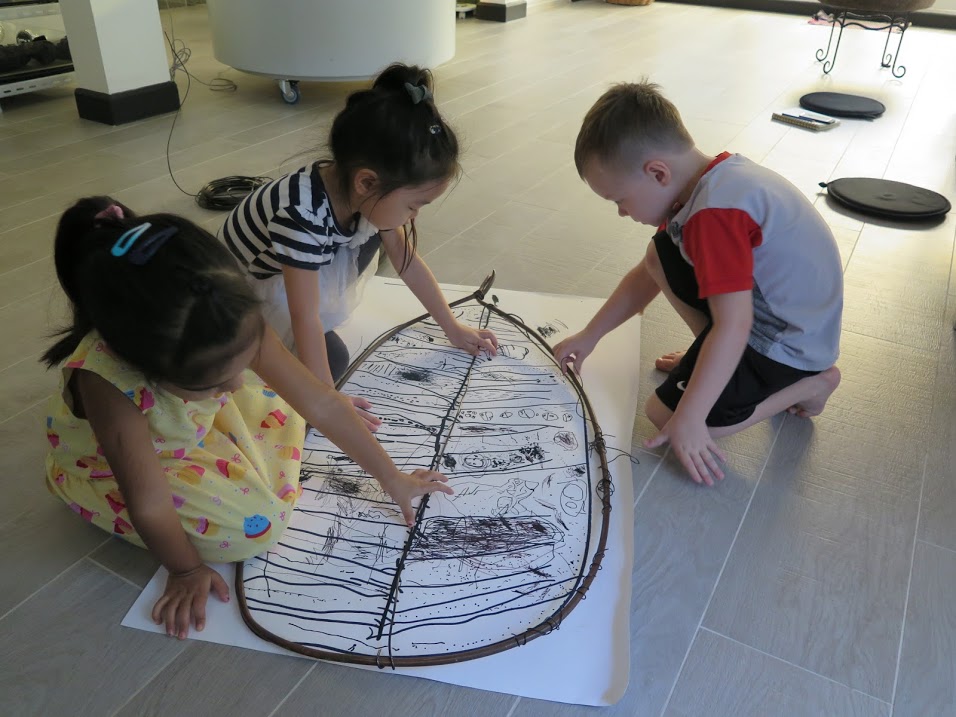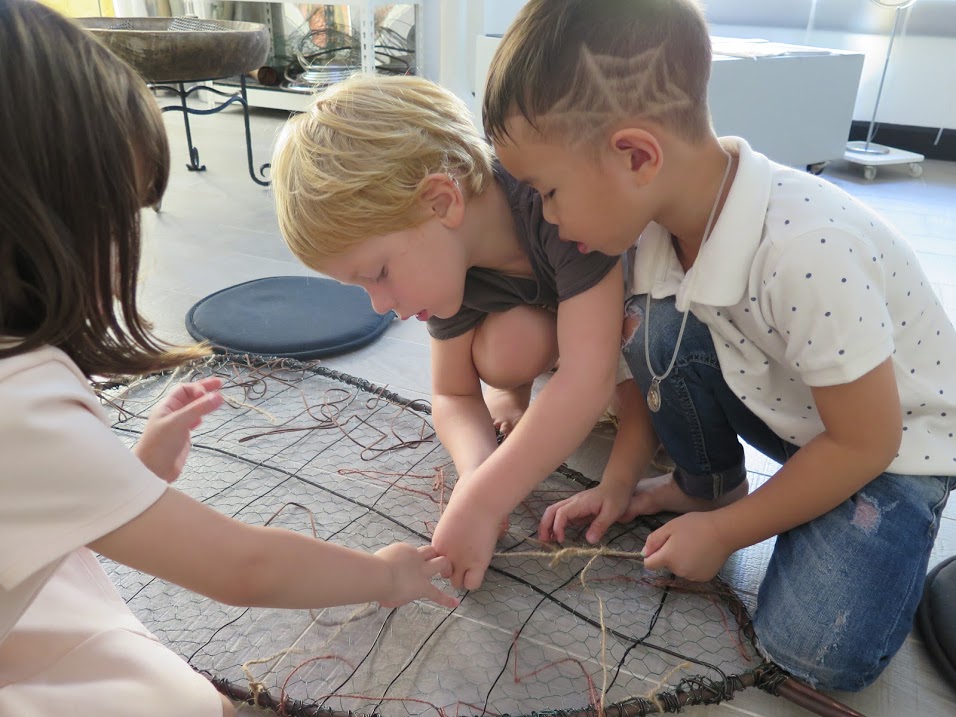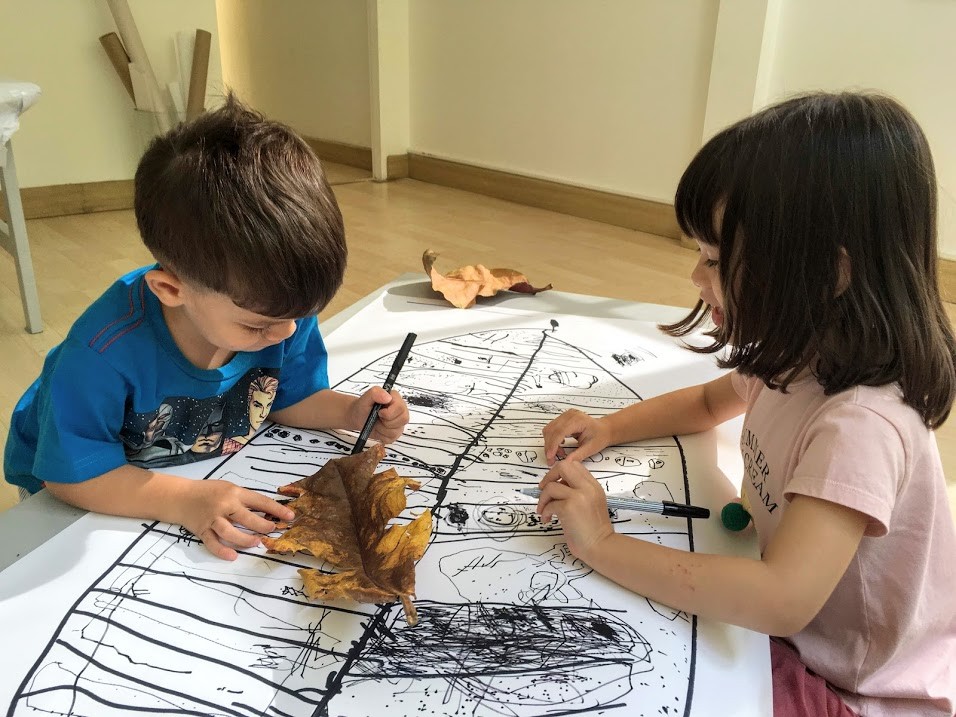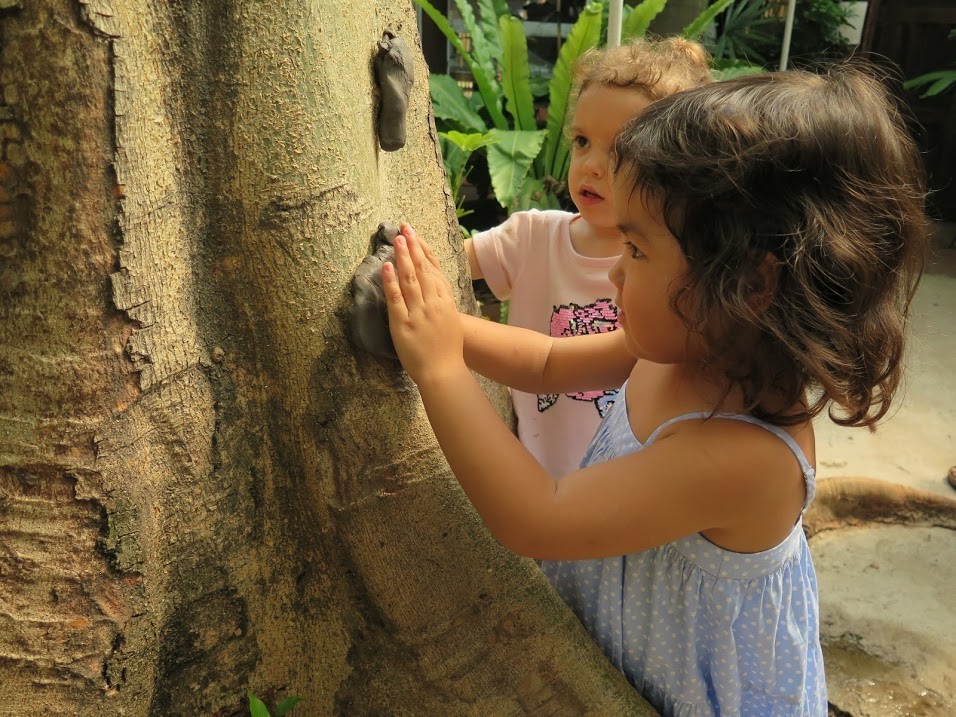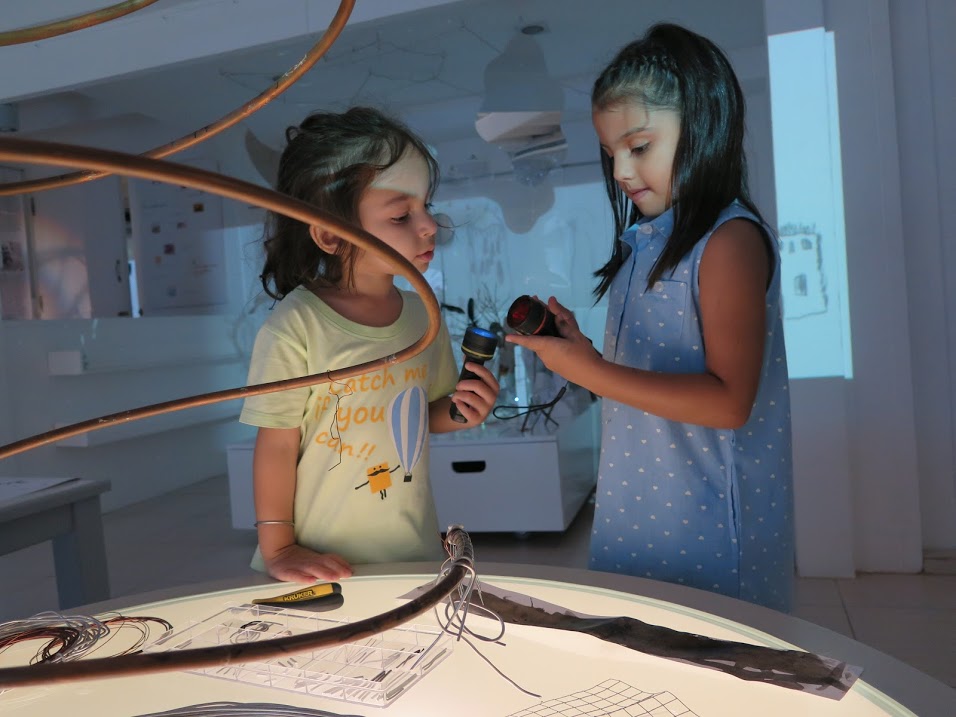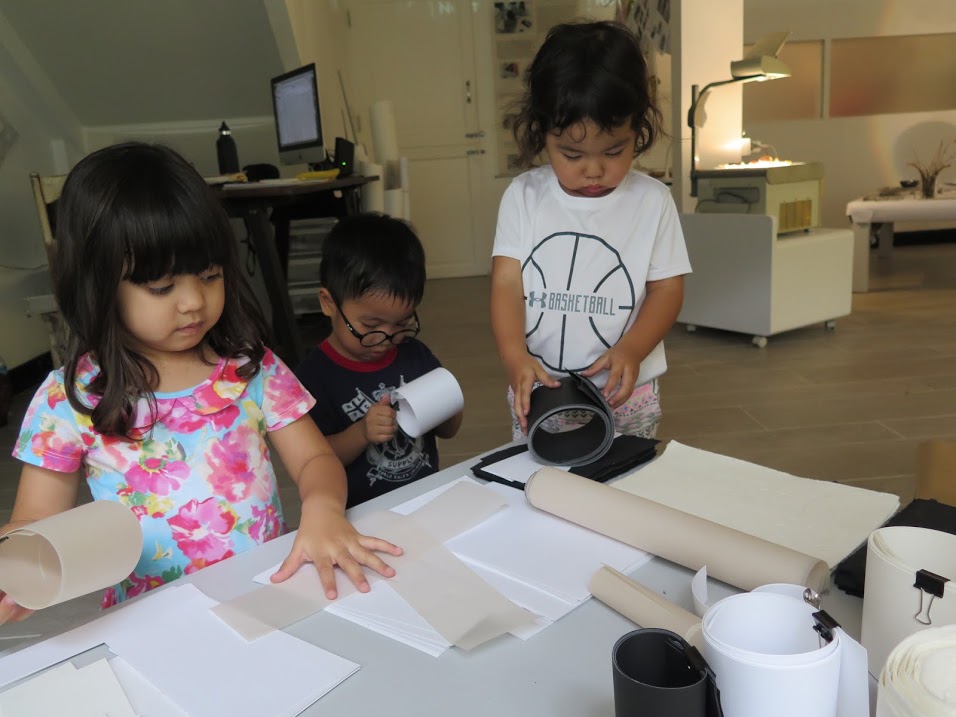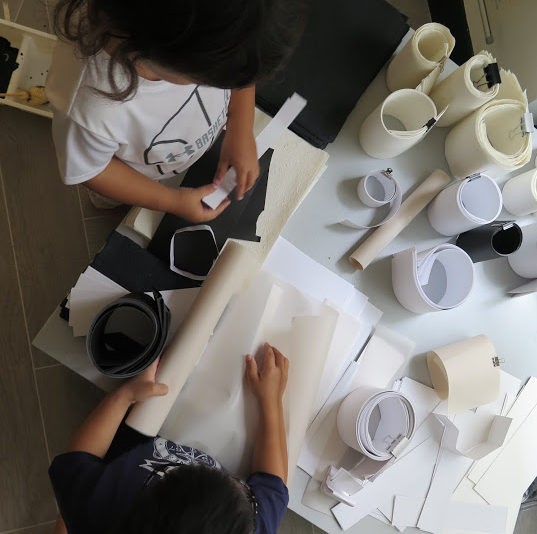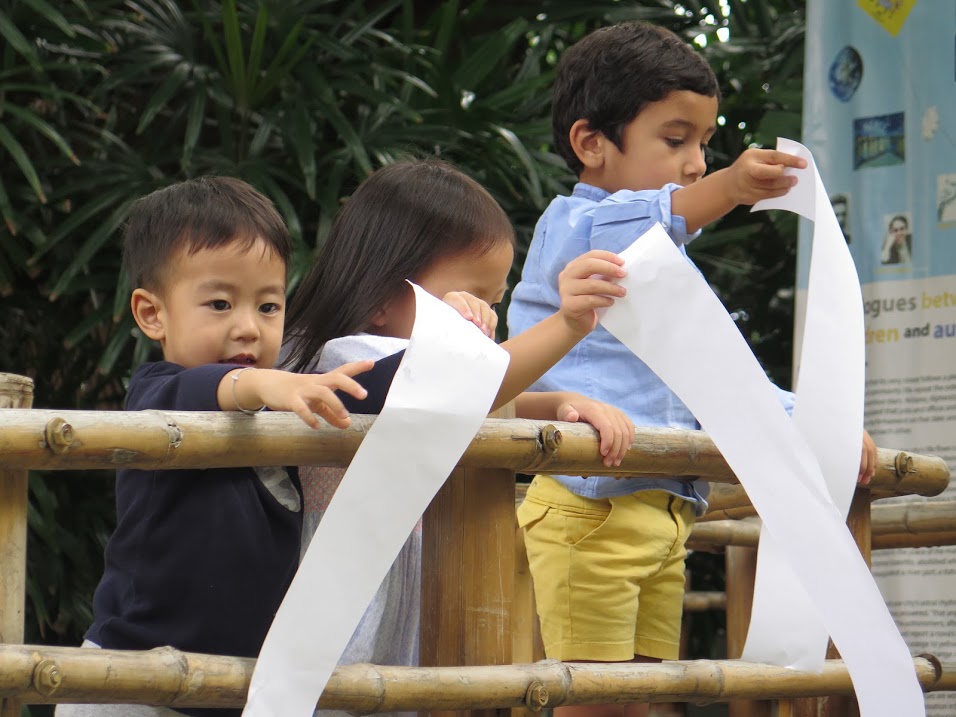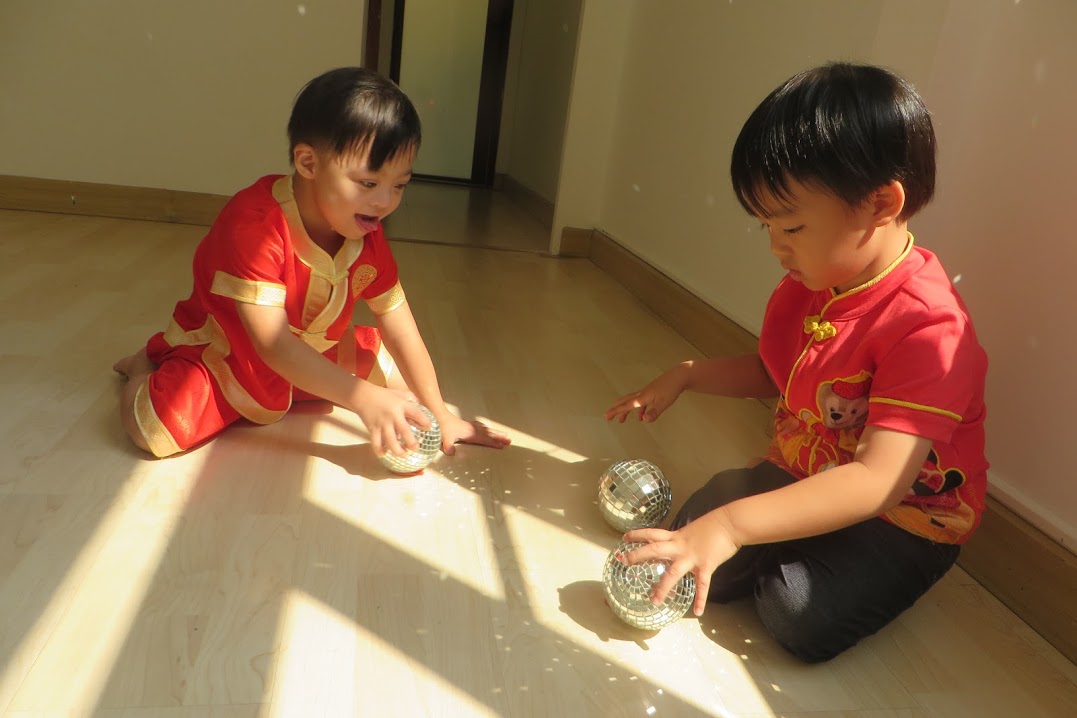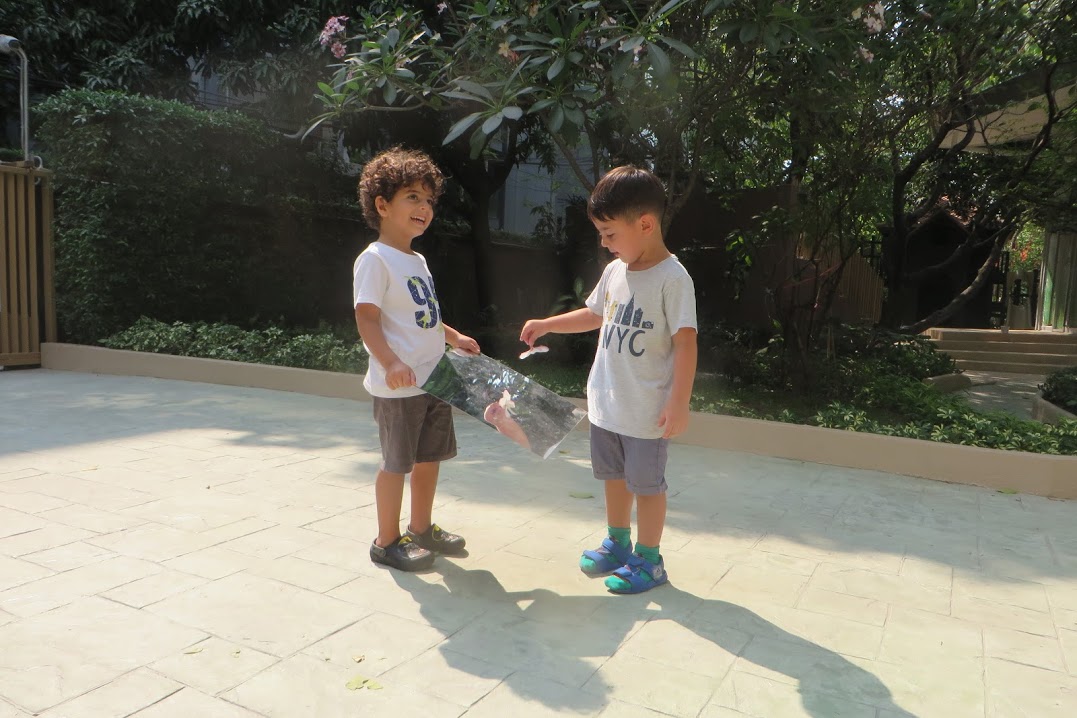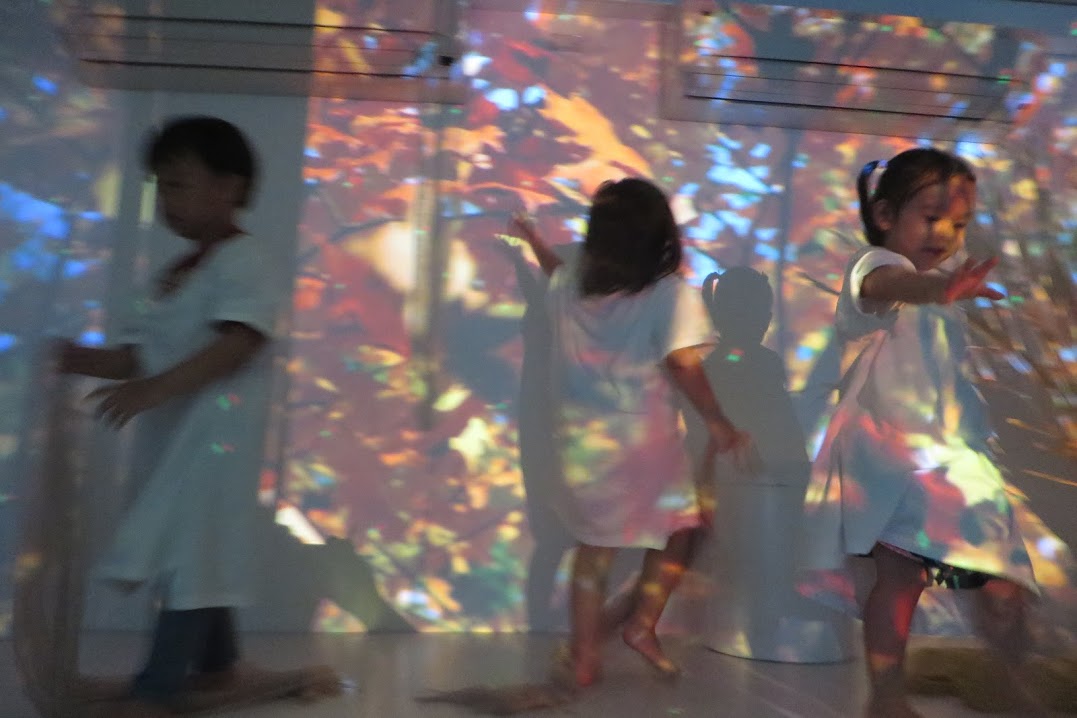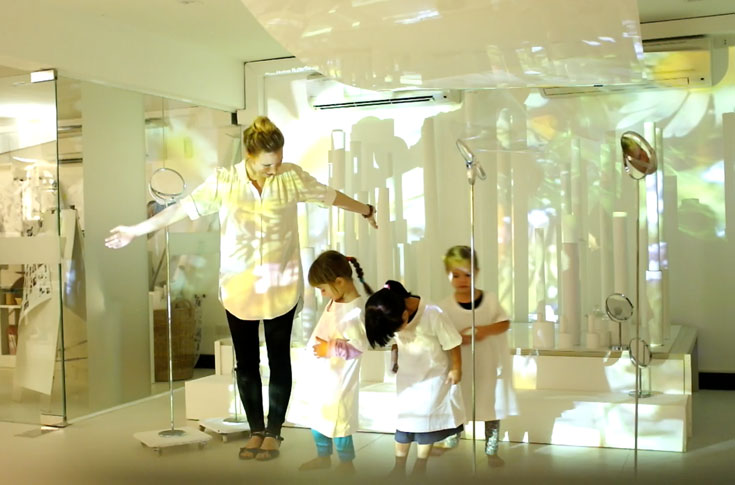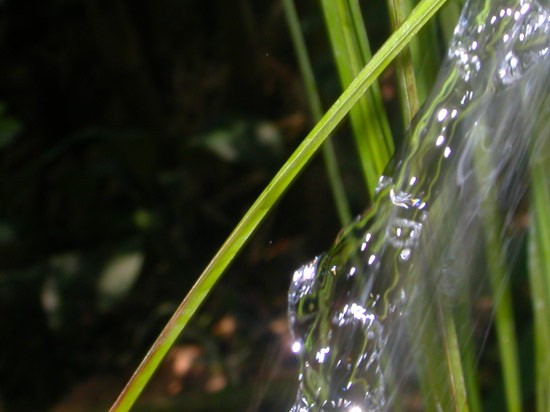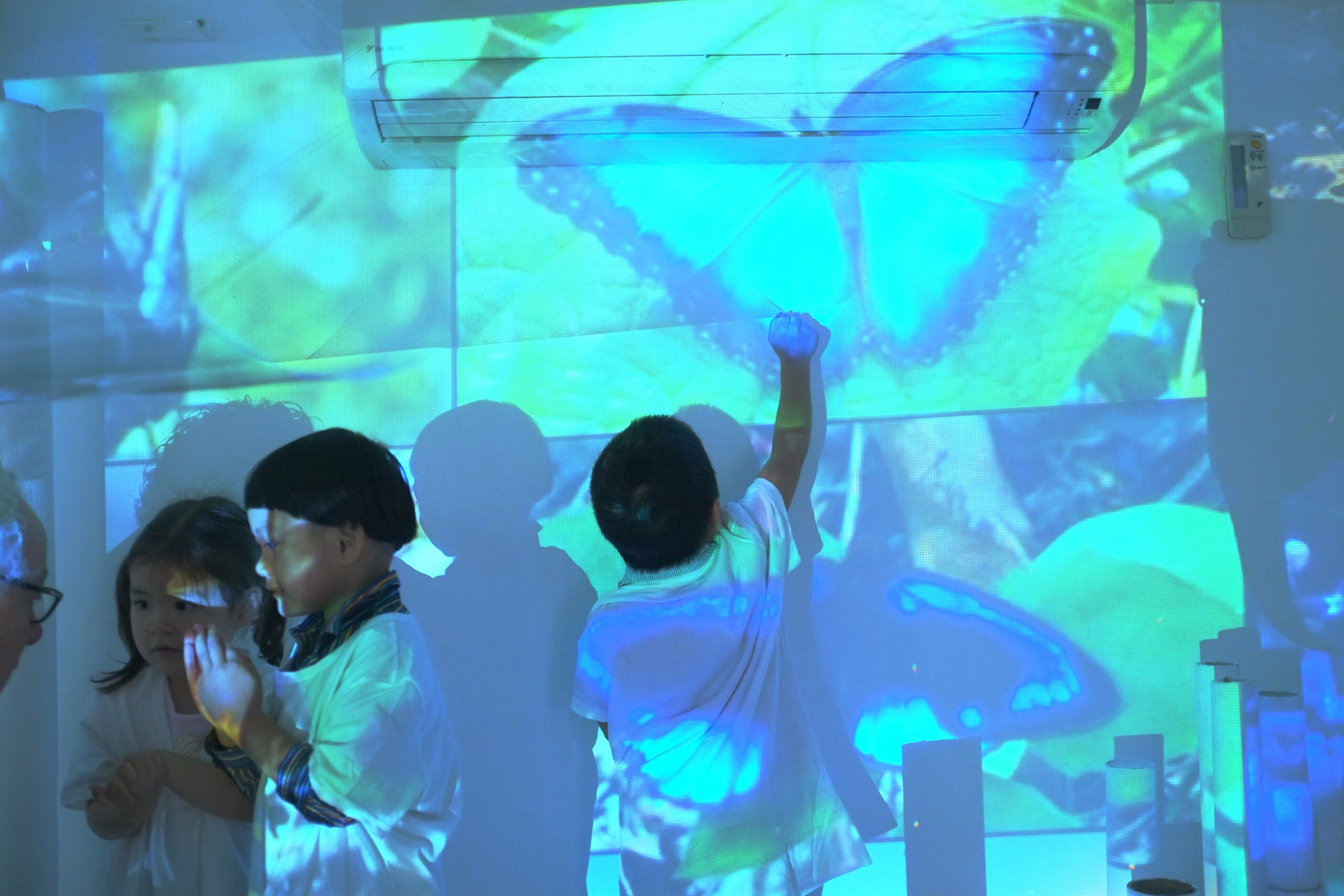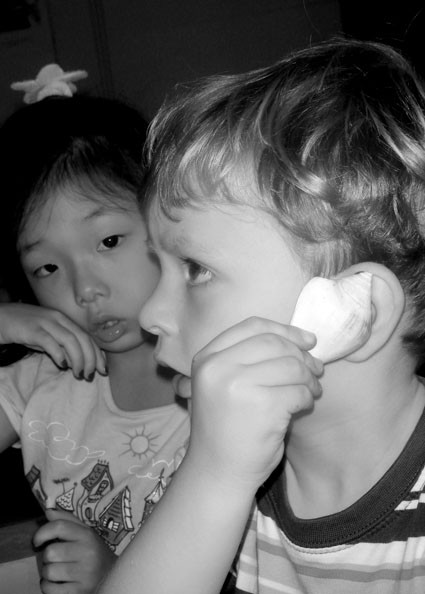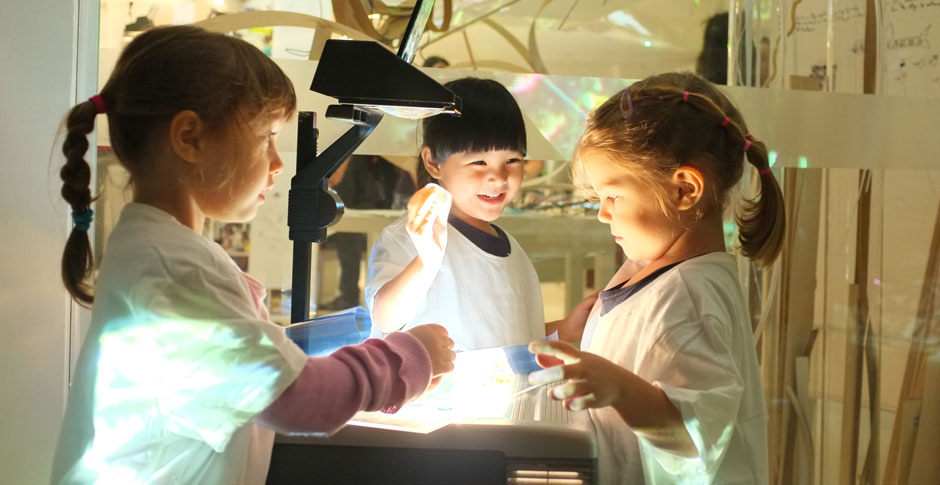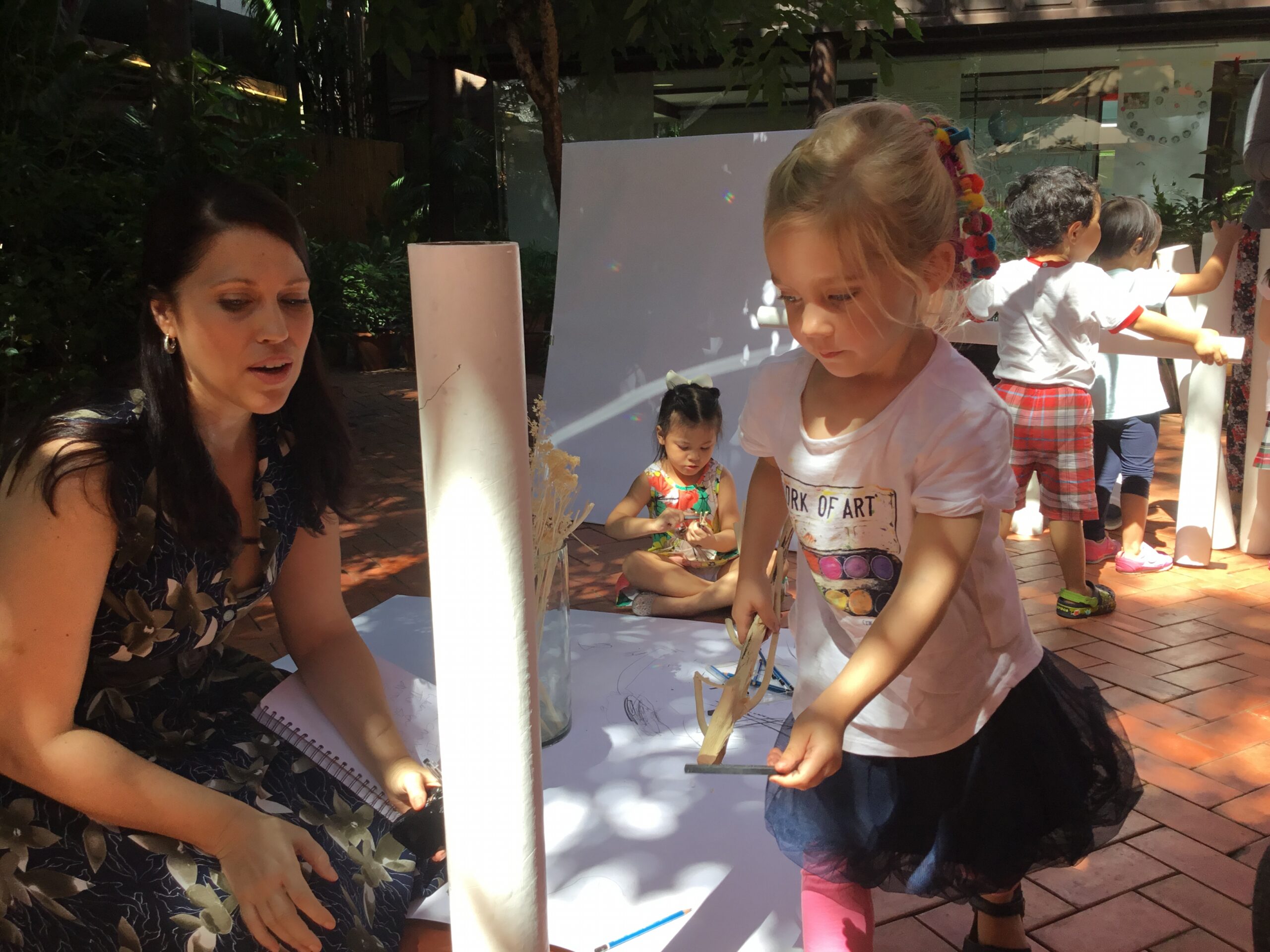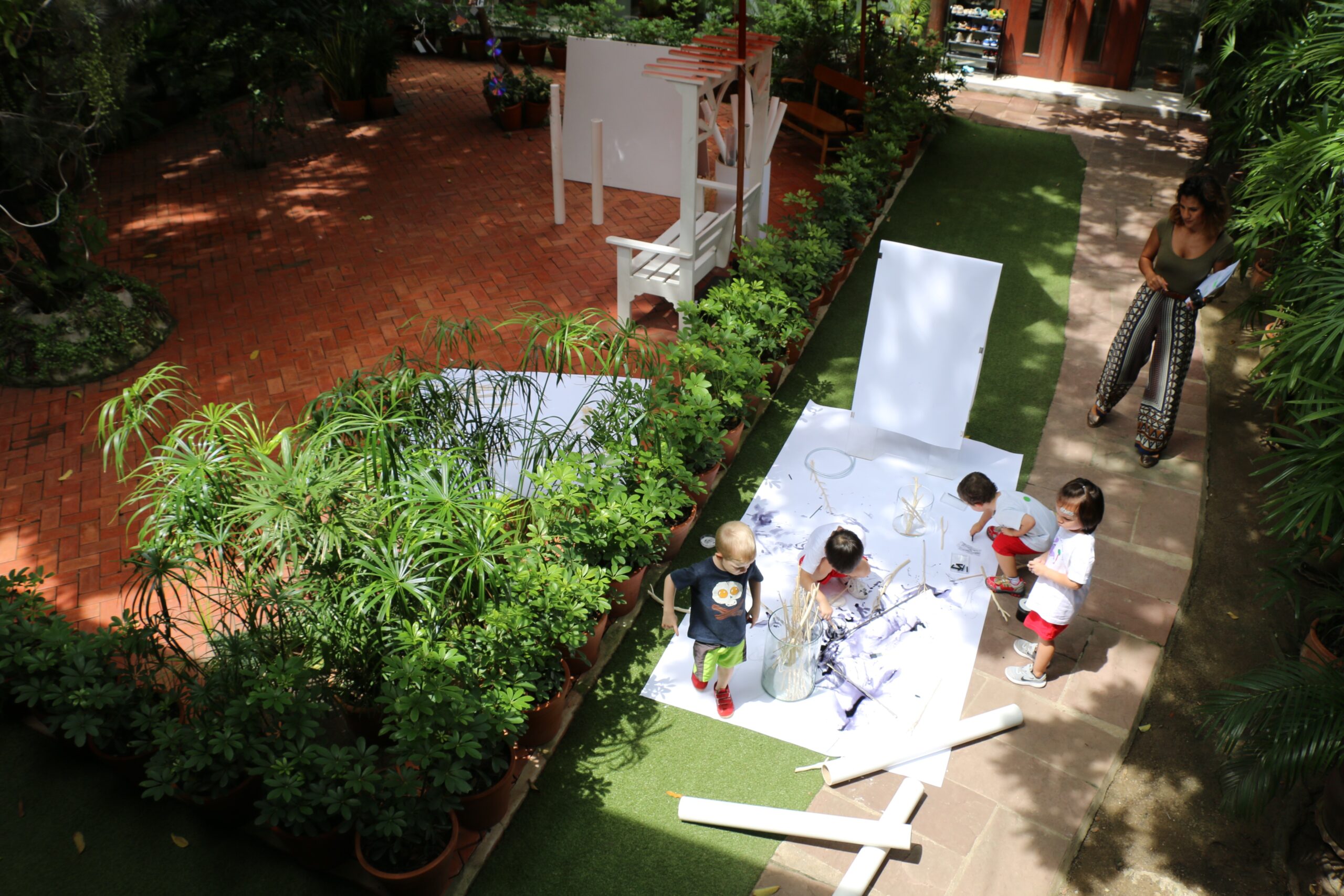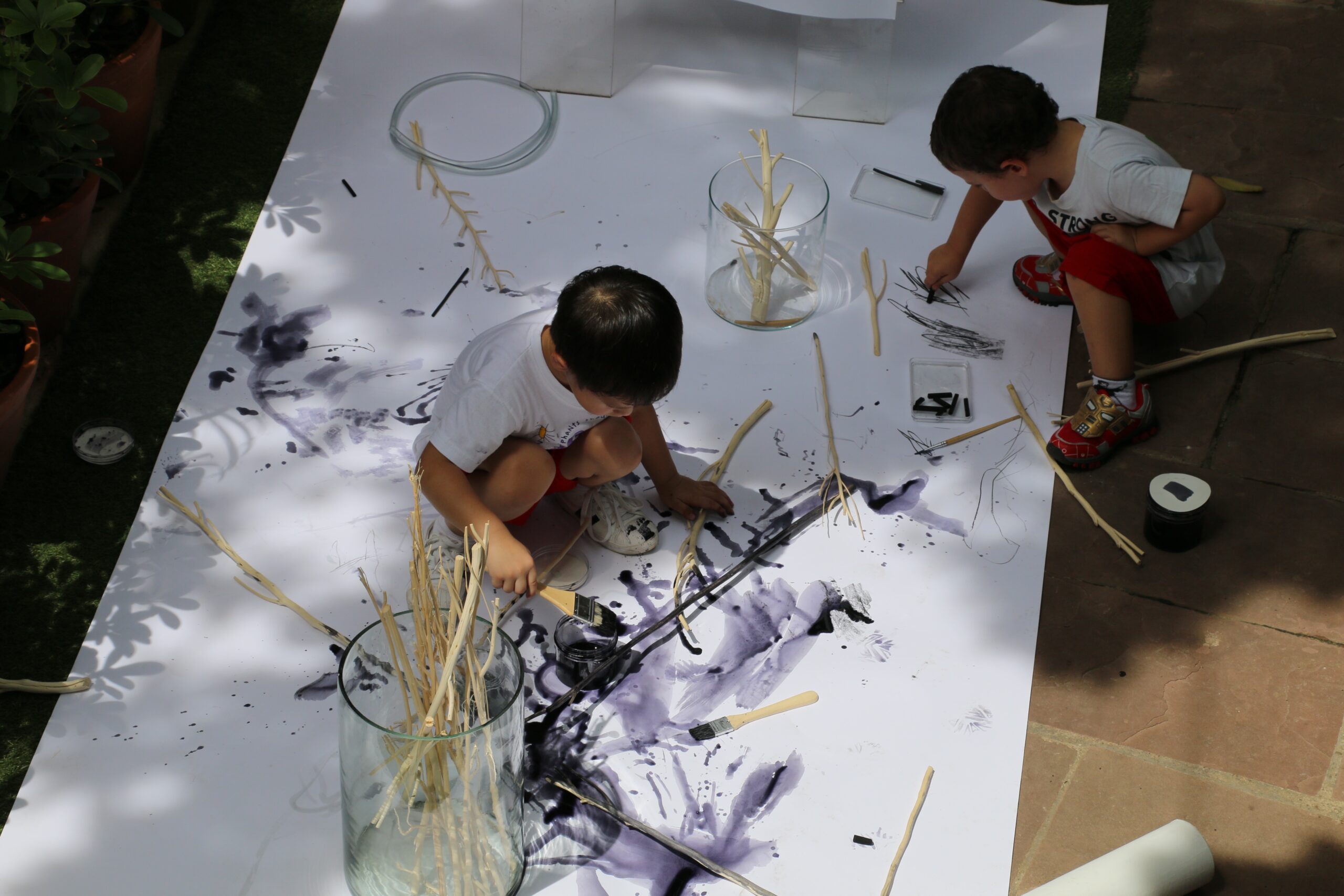curriculum of Kindergarten 1
Enchantment
Our K1 programme puts a strong emphasis on creativity as the primary means through which concepts are introduced, explained and reinforced.
The children are involved in project work, the subject of which is dependent on the interest of the class. Our project work encourages the children to voice and explore their theories through discussion, problem solving and collaboration. Designated centres around the classroom are carefully designed to appeal to a child and to offer meaningful experiences and opportunities for personal expression.
Belonging and contributing
Well-being | Love for school | Engagement
Personal, social, and emotional development of young children lays the social and cognitive groundwork that fosters a love for school, engages children in the process of learning, and supports their future success in school and in life. In partnership with the home, the school plays a vital role in developing children’s social competence and well-being, providing the foundational tools and knowledge needed for them to play a constructive and contributing role as citizens in the future.
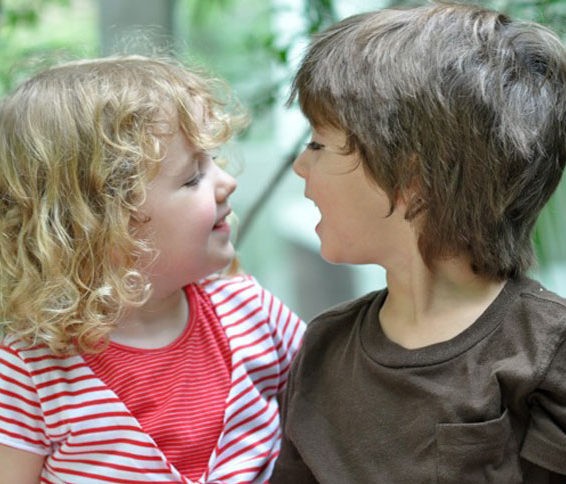
Self-regulation and well-being
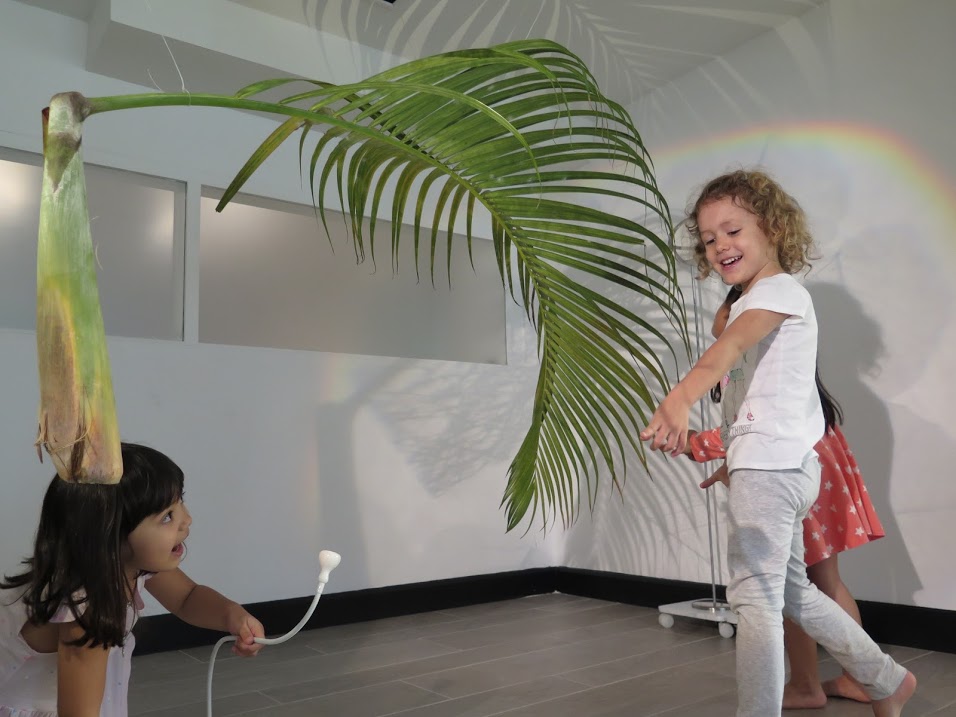
Manage Emotions, Attention, Behaviour
Self-regulation is central to a child’s capacity to learn. Children’s ability to self-regulate – to set limits for themselves and manage their own emotion, attention and behaviour – allows them to develop the emotional well-being and habits of mind such as persistence and curiosity, that are essential for early learning.
Children’s health and well-being contribute to their ability to learn, and their learning in turn contributes to their overall well-being. Educators play an important role in promoting children’s well-being by creating, fostering, and sustaining a learning environment that is healthy, caring, safe, inclusive, and accepting.
Problem solving and innovating
Children are growing up in a competitive, globally connected, and technologically intensive world. It is therefore essential for children to develop the skills required for problem solving, creative and critical thinking, and innovating; confidence, curiosity, and the willingness to take risks and to see mistakes as opportunities for learning; and the ability to collaborate and to build and maintain relationships.
Through the exploration and inquiry that are part of play, young children develop these skills. For example, every time children ask “why” questions, look for a tool that will help them with their task, ask about how something works, or create a game and explain how to play it to their friends, they are showing an essentially creative approach to the world around them.
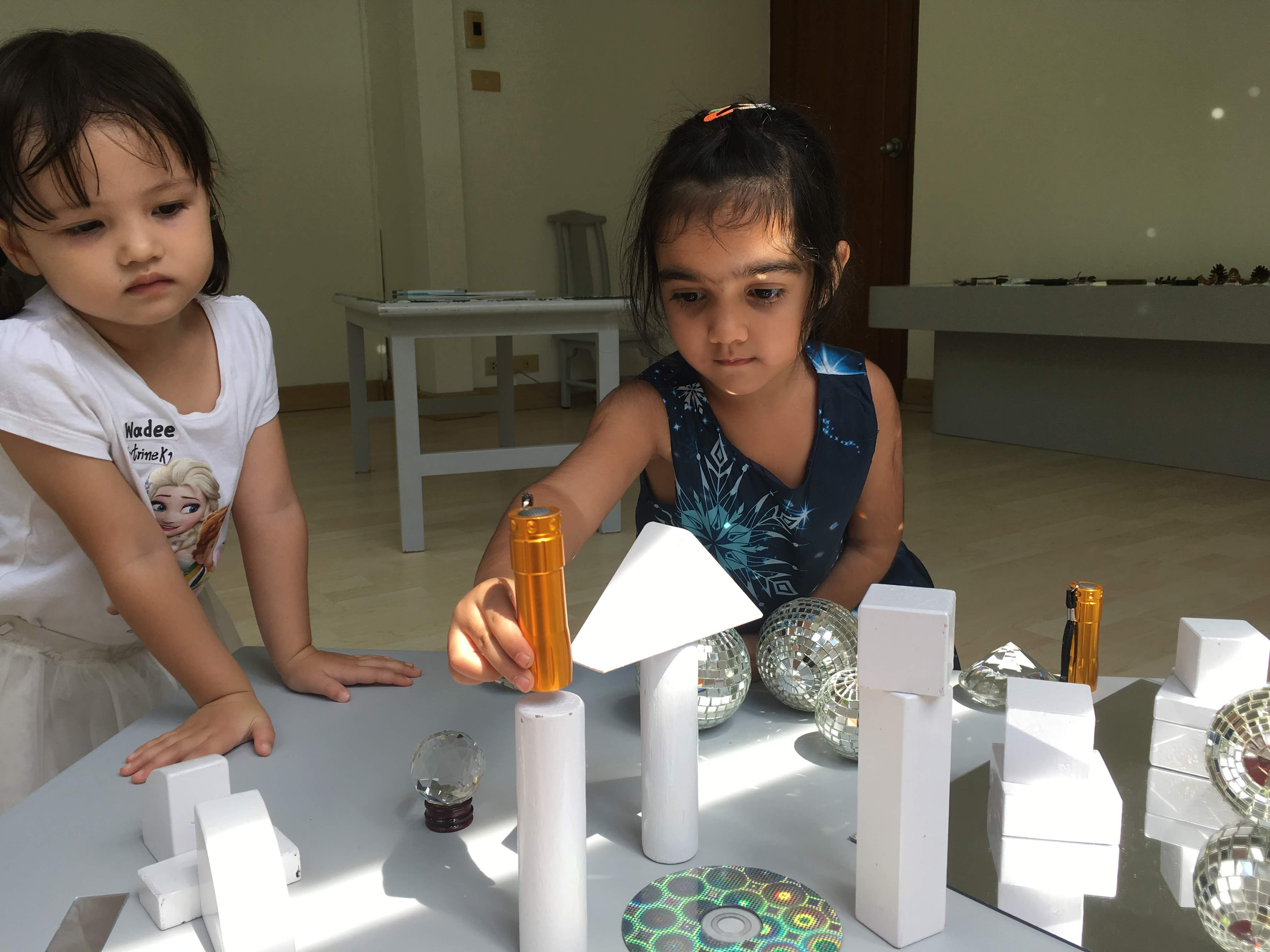
Mathematics
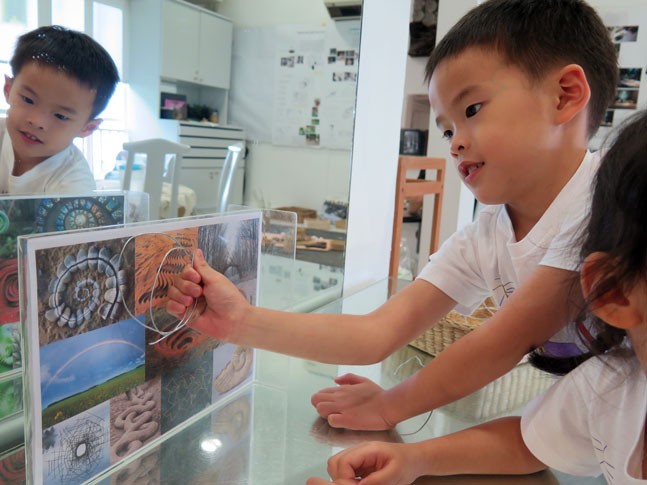
The children encounter the joy and wonder of mathematics through play, project investigations and teacher facilitation of a mathematicised day, from kinesthetic math in morning meeting, to math in art, to math games and computational mini-lessons.
Mathematics is everywhere, indoors and outdoors, and in patterns in nature. The children are intrigued with the relationships between the numbers one to ten, where did they come from and what are they for, and they approach the challenging concepts of one to one correspondence, stable order, cardinality, order irrelevance, movement is magnitude and abstraction.
Literacy
In partnership with the home, the school plays a vital role in providing the foundational tools and knowledge needed for children to play a constructive and contributing role as citizens in the future. Children are supported to understand and recognise that communication has the power to influence and encourage change as well as learning about the world, others and ourselves through listening.
Children ask questions, retell familiar events, express their thoughts and feelings, recognise and use non-verbal communication. They begin to mimic the reading process and understand what reading is and how it works. They listen to stories, engage in pretend play that includes language and learn that what they say can be written down.
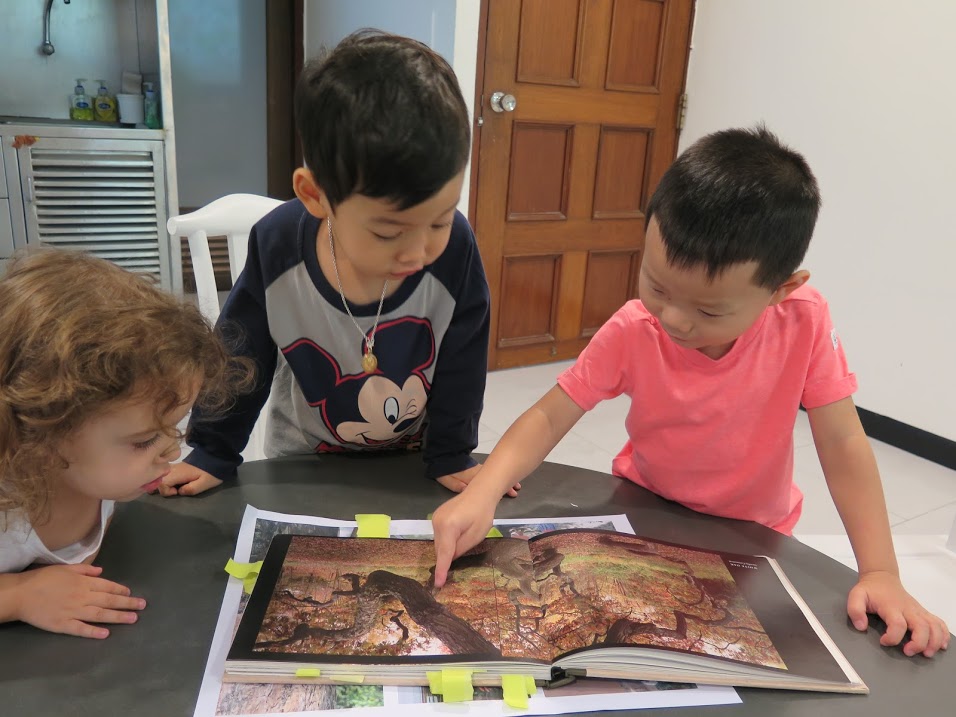
Music
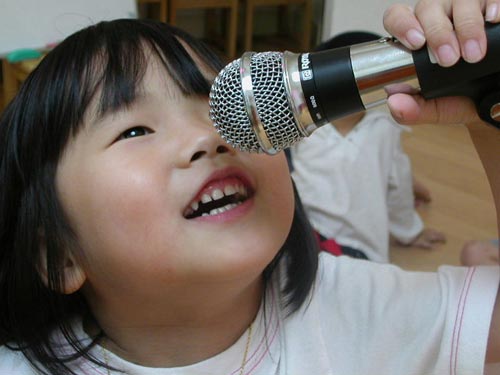
In Kindergarten 1, the curriculum allows the children to experience all the elements of Music in an organic and holistic way. Children are introduced to songs and chants, developing their vocal ability and communication skills. Actions in those songs allow children to use their fine and gross motor skills to feel a sense of pulse and beat. Song topics are chosen to further their understanding of the world, to enhance academic learning or project work. Working with un-tuned percussion instruments enables the children to explore different sounds, to work creatively to make sounds and to start to make qualitative judgments about those sounds. Through concert opportunities the children are able to develop confidence in public performance skills.
Health and Physical Education (PE)
Children in K1 are introduced to Physical Education and the importance of a healthy and active lifestyle. The children explore a number of different ways to travel and move their bodies, learning about the fundamental movement skills and the vocabulary used to describe these movements, such as run, hop, jump, and skip. The programme also contains a social element as the children learn about sportsmanship, fair play and teamwork through a variety of cooperative activities. The overall aim of the K1 programme is to promote PE as a fun, energetic, and positive learning experience that they will carry with them as they move forward.
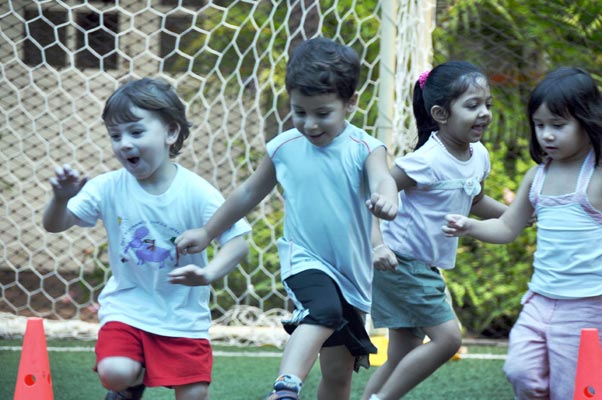
our extended programme
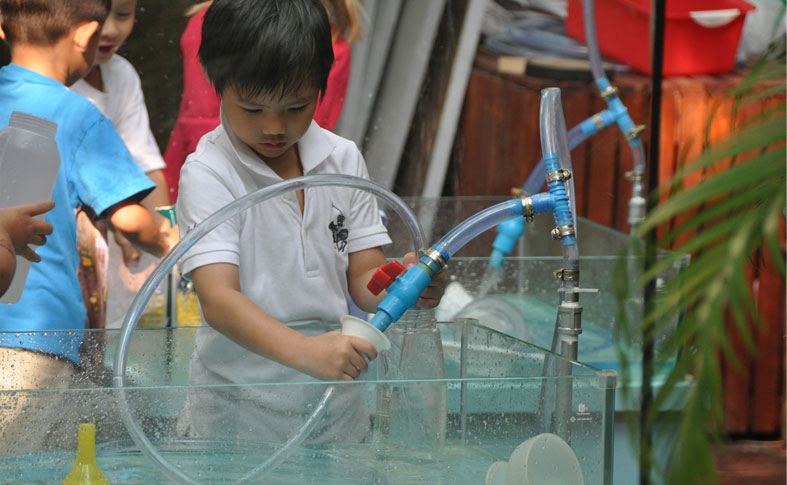
Mandarin | Thai language and culture | Cooking | Water play | Dance | and more
All children in our K1 programme attend school from 8:15 am to 12:00 pm. We also offer an extended hour programme for our K1 children that runs from 12:00 pm to 2:00 pm. This programme offers our children the chance to participate further in such activities as Mandarin, Thai Language and Culture, cooking, water play , dance and more. Families may join extended hours at any point in the year when they feel that their child is ready for a longer day.
Project of Kindergarten 1
Enchantment
In K1 the overarching pedagogical concept is ‘Enchantment’, as the children are welcomed into an aesthetically beautiful environment and unique community.
The dialogue between children and the environment is central to their experience of the world in general, children make marvellous discoveries and research aspects of the natural world. The garden at ELC is an enchanting place, green and lush, dappled with shadows of the leafy canopy high overhead. Though the natural world may appear overwhelming in its diversity and complexity, there are regularities running through it. Trees, plants and fauna are impressive in the natural patterns they display and create. Photography has given the children an opportunity to further explore and identify the patterns, including spirals, fractals, explosions/radials, packing and repeating patterns. Light, as a natural phenomenon, in conjunction with our exploration of patterns led to the transformation in the colour and the appearance of the patterns. By exploring similarities such as those between a snail shell and the swirling stars of a galaxy, or the branches of a tree and those of a river network, the wonder, beauty and richness of natural pattern formation is discovered. The children listen, build, invent and make up words, they learn, teach each other, hypothesize, experiment , develop theories and collaboratively display a thousand competences.
